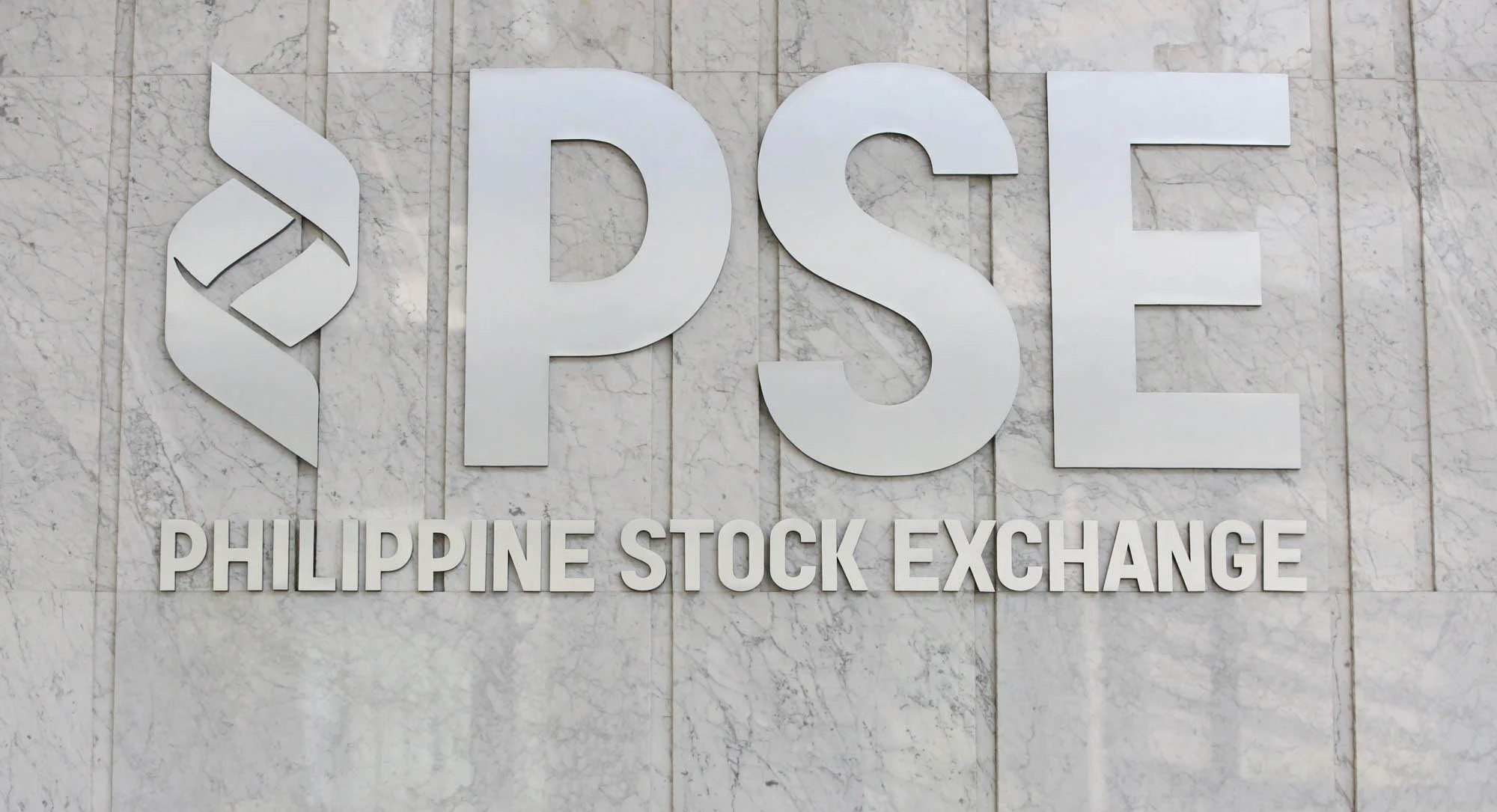
BANGKOK — Vietnam's rubber-stamp parliament voted in its public security chief To Lam as the country's new president on Wednesday, after a major anticorruption campaign forced his predecessor to resign.
Thousands of people — including several senior government and business leaders — have been caught up in the Southeast Asian country's crackdown on graft, led by Communist Party General Secretary Nguyen Phu Trong.
Analysts have said that Lam, who is deputy head of the steering committee on anticorruption, has weaponized its investigations to take down his political rivals.
Led by the Communist Party general secretary, Vietnam's leadership structure gives the president the second-most authority — but the position is largely seen as ceremonial.
The communist government's four-person hierarchy also includes the prime minister and the head of the National Assembly.
In his first remarks as president, Lam said he was "determined to fight corruption and negative phenomena."
He takes over from Vo Van Thuong, who resigned in March over what the party called "violations and shortcomings," after just a year in the job.
The National Assembly chairman also resigned in April over "violations and shortcomings," meaning two of the country's top four positions had been vacant for a month.
Lam, 66, had been public security minister since 2016 and has taken a hard line on human rights movements in the country.
It had appeared he was set to hold the presidency and his position at the Ministry of Public Security concurrently, which would have been a first for Vietnam.
But hours before a secret ballot to elect the president, parliamentarians agreed they would relieve him of the powerful MPS role.
"The indecision on the MPS post shows that other elite members are hesitant to grant the MPS to any of To Lam's protégés," Nguyen Khac Giang, visiting fellow at the Iseas-Yusof Ishak Institute, told Agence France-Presse (AFP).
"And To Lam himself is reluctant to relinquish control over MPS, the main executioner of the anticorruption campaign," he said.
The National Assembly elects the president by secret ballot, with deputies then approving the results.
Lam carried 472 of 473 votes.
On Monday, Tran Thanh Man, 61, was nominated as the new head of the National Assembly, and the party has appointed four new politburo members.
Uncommon upheaval
Political upheaval is uncommon in Vietnam, and analysts have warned the turmoil may threaten the country's reputation for stability, which has helped it build a highly successful export-driven manufacturing economy, making products for major global brands.
In the past 18 months, Vietnam also saw the resignations of the deputy prime minister and head of the party's economic commission, while its once 18-strong parliament briefly fell to 12 members.
Vo Van Thuong's predecessor, Nguyen Xuan Phuc, also resigned during that window.
Lam has spent his whole career within the secretive MPS, which deals with the monitoring of dissent and surveillance of activists in the authoritarian state.
Rights campaigners say the government has, in recent years, stepped up a crackdown on civil society groups.
The Vietnam-focused rights organization The 88 Project says 200 activists are currently in prison.
As deputy head of the steering committee on anticorruption, Lam has systematically taken down rivals eligible to take over the top job of general secretary, said Zachary Abuza, a professor at the National War College in Washington, D.C.
However, given he is no longer at the helm of the MPS, "he may be in a weaker position to take down Pham Minh Chinh," the prime minister and only other contender for the role, Abuza added.
Read The Rest at :





